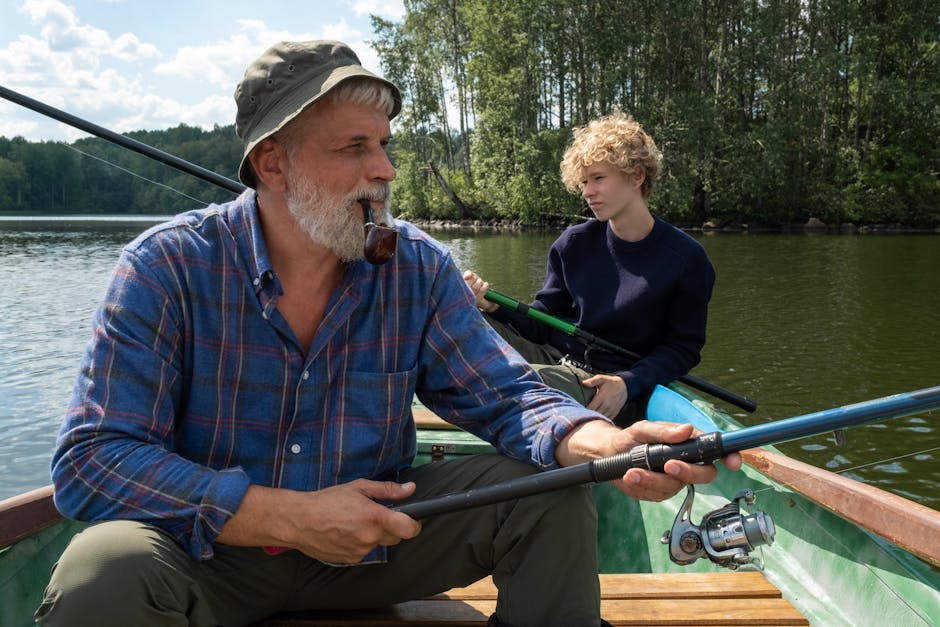Investigating the Legacy of Folk Tales
Folk tales are like treasures passed down through generations. They connect us to our past and teach us lessons about life. But why are these stories so important? Lets explore the fascinating world of folk tales and their legacy.
What Are Folk Tales?

Folk tales are traditional stories that often include lessons, morals, and cultural values. They vary from one culture to another. For example, consider how “Cinderella” appears in many forms worldwide, each telling a unique version of the same tale.
At their core, folk tales reflect the beliefs and experiences of a community. They are often shared orally before being written down, making them an essential part of cultural history.
Why Do Folk Tales Matter?

Folk tales serve several purposes in our lives:
- Teaching Lessons: Most folk tales contain morals. For instance, “The Tortoise and the Hare” teaches us that slow and steady wins the race.
- Preserving Culture: These stories keep traditions alive. They help new generations understand their heritage and values.
- Encouraging Imagination: Folk tales often include magical elements. These can inspire creativity and wonder in listeners.
In many ways, folk tales are a bridge between generations, connecting the past with the present.
How Are Folk Tales Passed Down?

Traditionally, folk tales are shared orally. Families tell stories around the fire, passing on wisdom and entertainment. This oral tradition allows stories to evolve over time. Each storyteller might add their twist, shaping the tale into something new.
Today, many folk tales are written down and adapted into films and books. This shift helps preserve them but can also change the original message. For example, Disney’s adaptations often simplify the darker themes found in classic folk tales.
What Themes Are Common in Folk Tales?

Folk tales often share similar themes despite cultural differences. Here are a few recurring themes:
- Good vs. Evil: Many stories depict the struggle between good and bad characters.
- Transformation: Characters often change, like in “Beauty and the Beast,” where love transforms a creature into a prince.
- Adventure: Many tales involve journeys, like “The Odyssey,” where characters face challenges and grow.
These themes resonate with people of all ages, making folk tales timeless and relatable.
Are Folk Tales Relevant Today?
Absolutely! Folk tales continue to hold relevance in our modern lives. They teach essential values like kindness, honesty, and perseverance. In a world filled with fast-paced technology, these stories remind us of simple truths.
Moreover, folk tales can foster community. People gather to share stories, creating bonds. This tradition is evident in events like storytelling festivals or open mic nights.
How Do Folk Tales Influence Art and Literature?
Folk tales have inspired countless artists and writers. From paintings to novels, their influence is everywhere. For instance, famous authors like the Brothers Grimm and Hans Christian Andersen based many of their works on folk tales.
These stories provide rich material for creative expression. Artists can draw inspiration from the themes, characters, and morals found in folk tales.
Can We Find Folk Tales in Modern Media?
Folk tales have made their mark on movies, TV shows, and even video games. For example:
- Animation: Disney films like “Moana” and “Frozen” take inspiration from folk tales.
- Books: Novels like “Americanah” by Chimamanda Ngozi Adichie reference traditional stories.
- Games: Video games like “The Witcher” include folklore elements in their plots.
These modern adaptations often introduce folk tales to new audiences, ensuring they live on.
What Can We Learn from Folk Tales?
Folk tales offer many lessons that are still applicable today. Here are some key takeaways:
- Empathy: Many folk tales encourage us to understand and relate to others.
- Resilience: Characters often face challenges, showing us the importance of perseverance.
- Community: Stories remind us of the strength found in unity and shared experiences.
Embracing these lessons can enrich our lives and the lives of those around us.
How Can You Explore Folk Tales?
Dive into the world of folk tales yourself! Here are some suggestions:
- Read: Pick up a collection of folk tales from different cultures.
- Tell Stories: Share your favorite folk tale with friends or family.
- Attend Events: Look for storytelling events in your community.
These activities can help you appreciate the beauty and wisdom of folk tales.
Conclusion: The Lasting Impact of Folk Tales
Folk tales are much more than simple stories. They are woven into the fabric of our cultures and experiences. By exploring them, we connect with our history and learn valuable lessons for the future.
So the next time you hear a folk tale, remember it’s power. It holds the wisdom of generations, waiting to be discovered and shared.
For more on the importance of folk tales, check out this article from the Smithsonian Magazine.
Takeaway: Embrace folk tales in your life! They can teach you lessons about kindness, resilience, and community.



